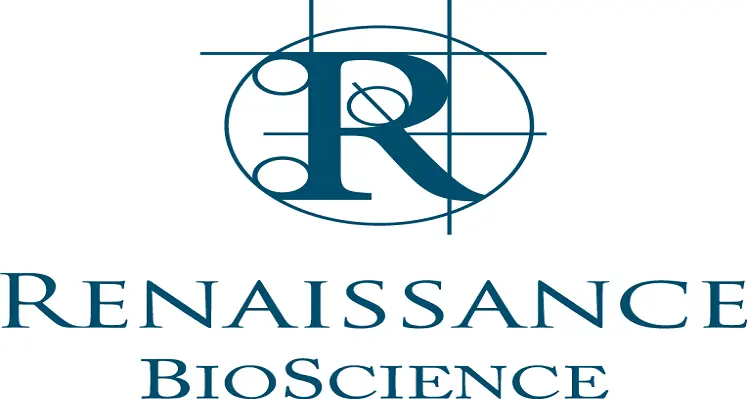Leading Canada-based bioengineering company, Renaissance BioScience (RBSC) recently announced its strategic partnership with the University of Saskatchewan’s Vaccine and Infectious Disease Organisation (VIDO) to target two viral diseases, as well as the immune system function in pigs and piglets, using RBSC's revolutionary yeast-based technology
Two distinct projects coordinated by prominent scientist and programme leader in vaccine formulation and delivery, Dr Heather Wilson, aim to develop cost-effective, safe and non-invasive health solutions that can be conveniently included in the pig’s feed.
The first project targets two viral diseases—porcine epidemic diarrheal virus and porcine reproductive and respiratory syndrome virus—that pose significant threats to the global swine industry. RBSC and VIDO will pioneer orally delivered yeast-based vaccines to combat these diseases that lead to multi-billion-dollar losses annually.
Antibiotic resistance is another common issue being faced by the livestock sector today. The second project therefore, aims to alleviate the overuse of traditional antibiotics by instead using an orally delivered yeast that secretes peptides, zinc, and essential amino acids into the pig’s digestive system. This greatly improves gut health, combats stress, promotes lean muscle growth and keeps the pig free from infections.
Yeast is a popular ingredient in livestock feed and offers a number of benefits including cost-effective production. Besides protecting the bioactive molecules during the production process, yeast also possesses the ability to behave as a medium to carry these molecules through the harsh intestinal environment. The sustainability and efficiency of RBSC's revolutionary yeast-based technology therefore, makes it an easy-to-adopt and promising food solution for the growing global population.
For more information, visit: www.renaissancebioscience.com





